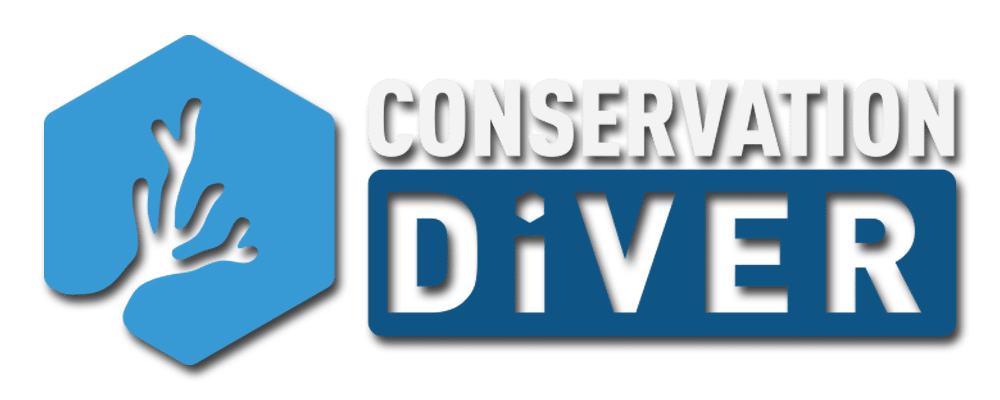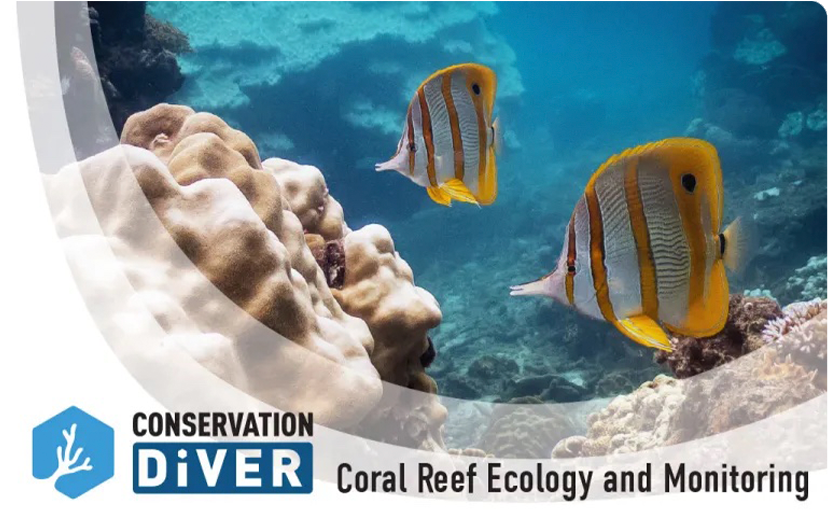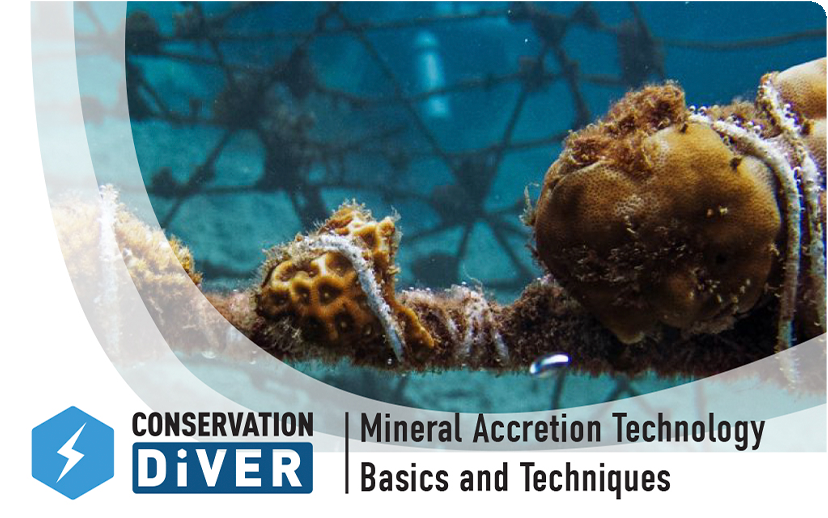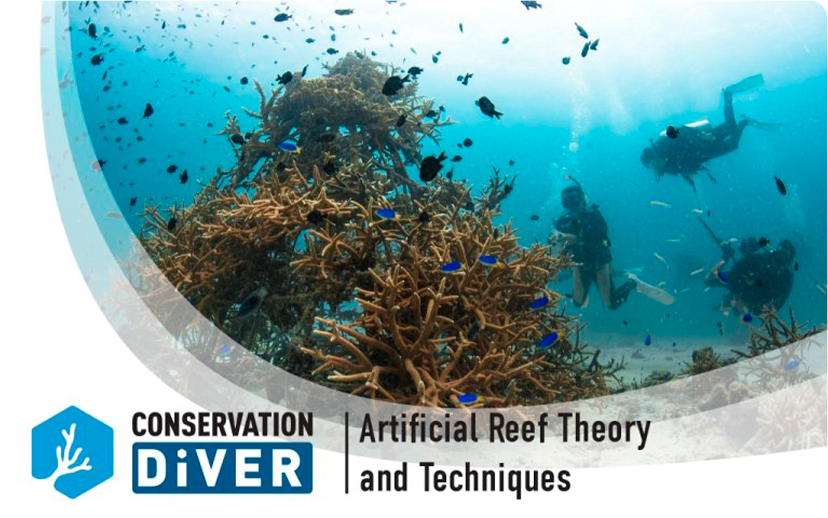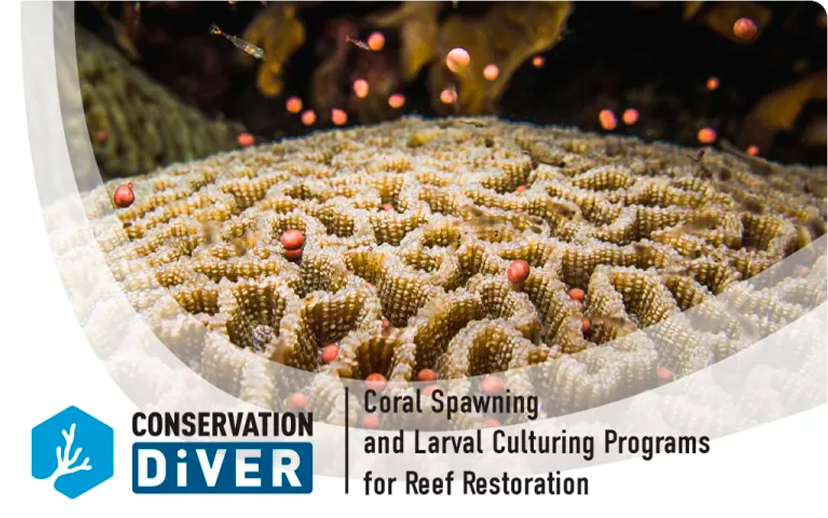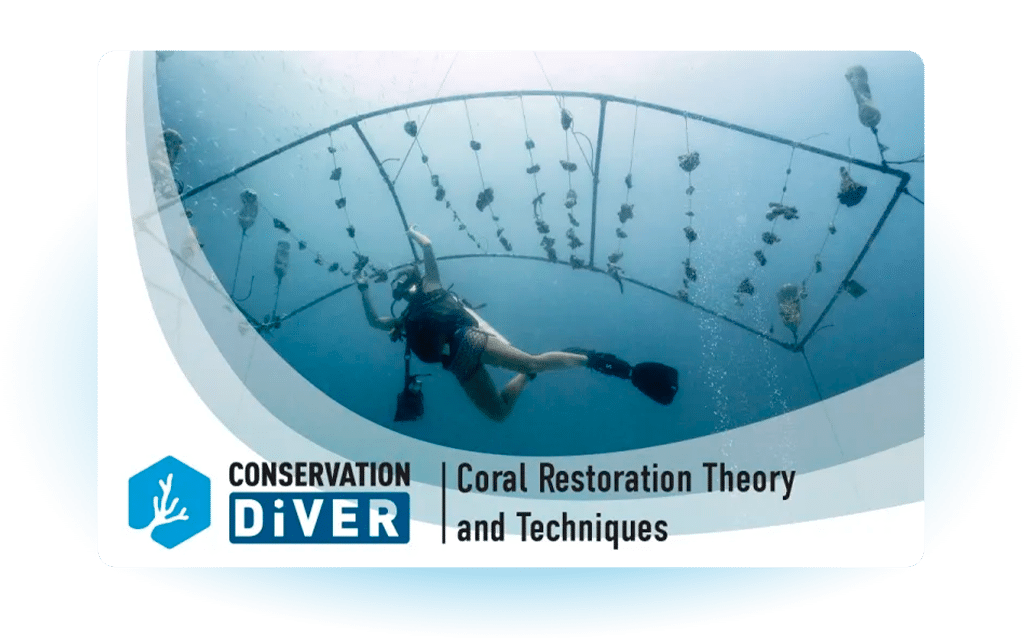
Coral Restoration Theory & Techniques
The Advanced Ecological Monitoring Program certification is a prestigious certification course for students seeking to gain knowledge and practice in a multitude of research techniques and demonstrate exceptional skill in performing reef surveys and data collection. This certification recognizes your commitment to coral reef monitoring and research and takes several weeks to achieve.
Learn and apply a range of marine research methods, from water quality testing to coral health monitoring.
Successfully execute various survey methods and adhere to precise data collection protocols.
Enter data into established databases and gain insight into effective analysis and reporting.
Develop a well-rounded skill set for impactful marine research and conservation efforts.
Program Eligibility and Requirements
To join the Coral Restoration Theory & Techniques Program, participants need to meet the following criteria:
- Age Requirement: Applicants must be 12 years of age or older.
- Diver Certification: Applicants should hold certification as an Advanced diver from a recognized diving organization such as PADI, SSI, RAID, or similar. Alternatively, Open Water divers can be eligible if they have successfully completed a buoyancy appraisal under the guidance of a professional diver.
- Diving Proficiency: Applicants need to showcase advanced diving skills, including excellent buoyancy control and self-awareness.
- Certifications: Interested individuals must have completed the following certifications offered by our program:
Upon Enrollment in the Course, participants will be required to:
- Attend all knowledge development presentations included in the courses listed above, including the Advanced Ecological Monitoring Program lecture.
- Read and complete the chapter reviews for chapters 9-10 of the Ecological Monitoring Program manual.
- Successfully pass all the written exams for the courses listed above, achieving a score of 80% or higher.
- Engage in at least one Compromised Coral Health survey or Coral Bleaching Survey.
Published papers and reports derived through the teaching of this course
- Recruitment of hard coral communities on giant clam shells (Cardiidae: Tridacna) differ from surrounding reef habitats at a tourist destination in the Gulf of Thailand Rahul Mehrotra, Alyssa Allchurch, Coline Monchanin, Chad M Scott
- Citizen science reveals the population structure and seasonal presence of whale sharks in the Gulf of Thailand Kirsty Magson, Emily Monacella, Chad Scott, Noémie Buffat, Sirachai Arunrugstichai, Metavee Chuangcharoendee, Simon J Pierce, Jason Holmberg, Gonzalo Araujo
- Population dynamics of corallivores (Drupella and Acanthaster) on coral reefs of Koh Tao, a diving destination in the Gulf of Thailand by Chad M. Scott, Rahul Mehrotra, Margaux Y. Hein, Michelangelo S. Moerland, and Bert W. Hoeksema
- Rare zooxanthellate Nanipora octocoral (Helioporacea) in the Gulf of Thailand by Pau Urgell Plaza, Rahul Mehrotra, Chad M. Scott and James Davis Reimer
- Changes in hard coral abundance and composition on Koh Tao, Thailand, 2006-2014 by Chad M. Scott, Rahul Mehrotra, Madalena Cabral and Sirachai Arunrugstichai
- An update to the list of coral reef fishes from Koh Tao, Gulf of Thailand by Patrick Scaps and Chad M. Scott
- Incident Report and Restoration Overview: Boat Grounding, Chalok Ban Kao Reef, January 2017 2015. by Chad Scott, Spencer Arnold, Elouise Haskin, Kirsty Magson, Rahul Mehrotra, Joel Rorher, Pau Urgell Plaza
